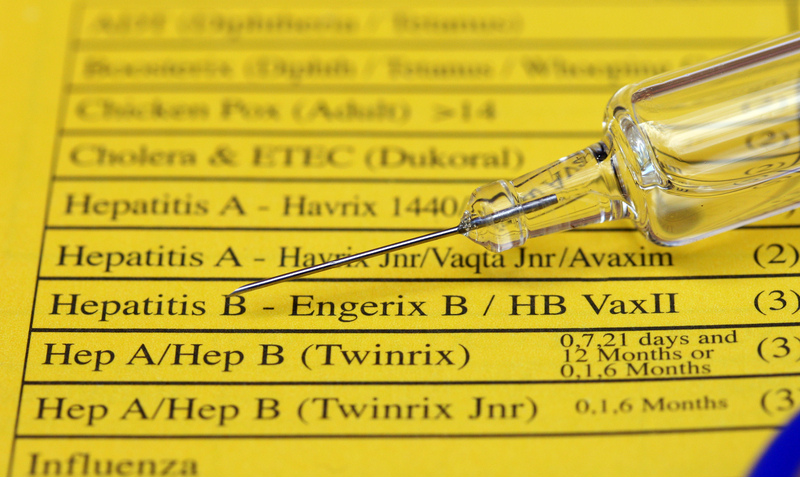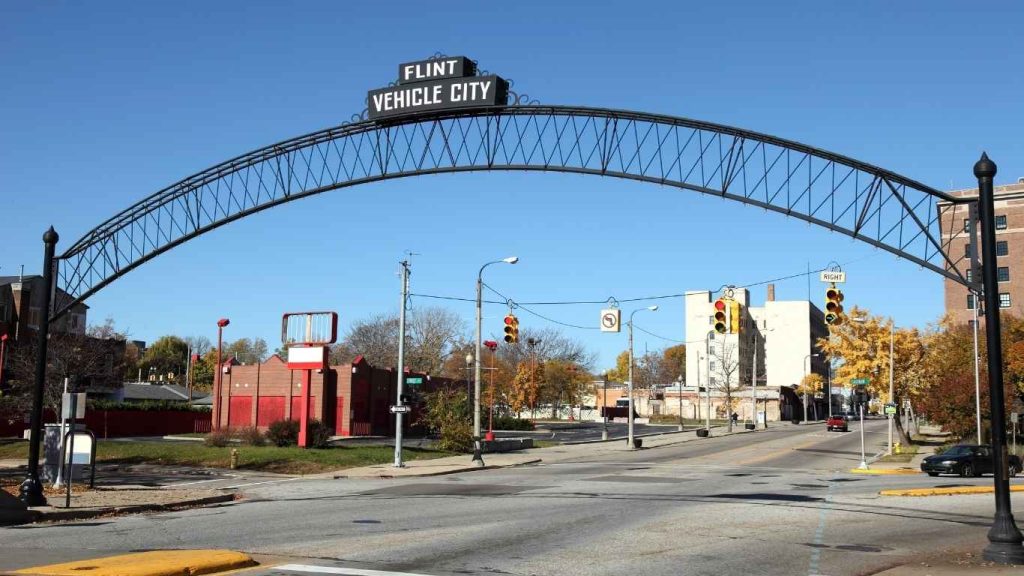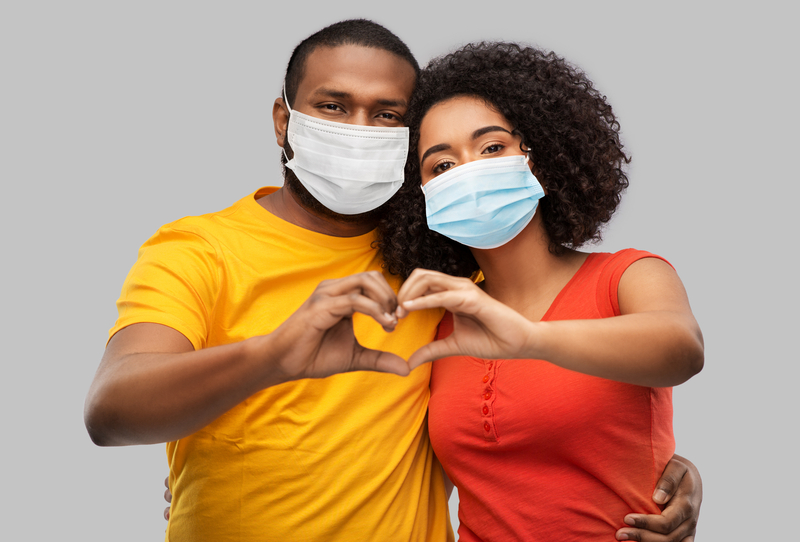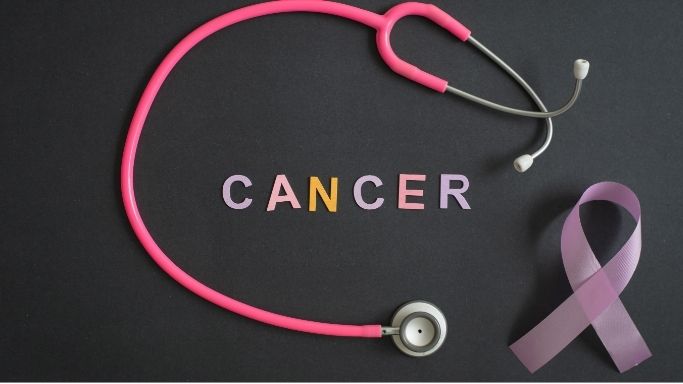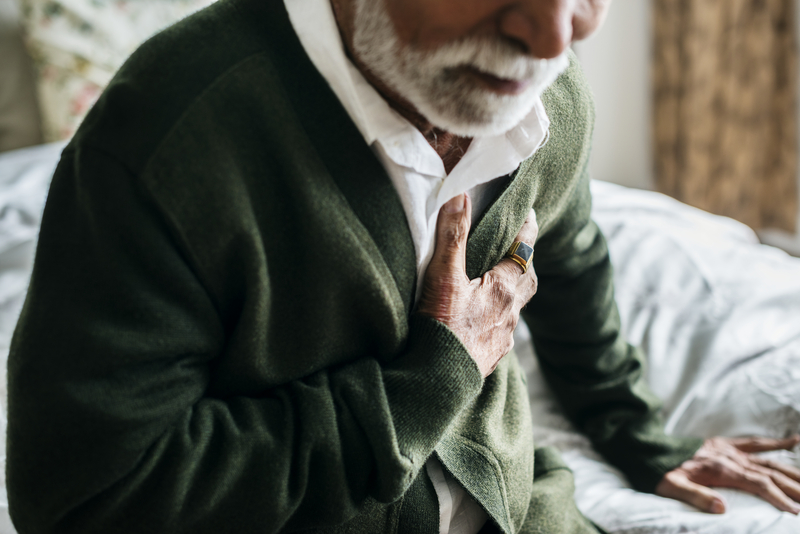- By Adjoa Kyerematen
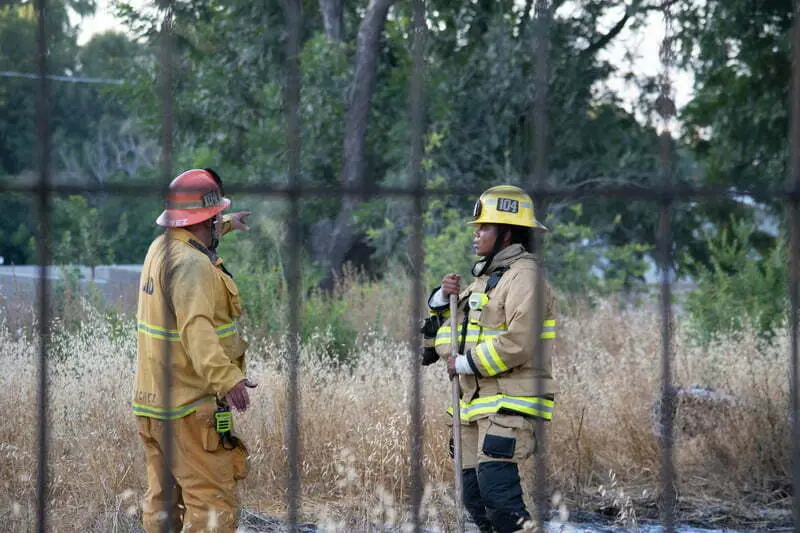
For a long time, Black and Brown communities have been affected by environmental racism. Worse still, despite 91% of Hispanic/Latino people being affected by climate change and related environmental disasters, they are often ignored.
As noted in Advocate Channel, data from The Hill show the systemic inequality faced by Hispanic/Latino people who live in areas that are most at risk of floods and twice as likely to suffer wildfires. Despite being disproportionately affected by these challenges, they receive less aid and have the highest portion of people that are uninsured.
The issues faced by Hispanic/Latino people extend beyond climate change.
Adamcezci writes:
“Among Hispanic households, 30% do not have air conditioning, with 40 percent of Hispanic/Latino households unable to afford heating and cooling for their homes, which is also known as ’energy insecurity.”
Oil and gas companies, processing plants, and factories also emit harmful pollutants. This increases the risk of cancer and makes Hispanic/Latino children twice as likely to develop asthma. Additionally, fracking also is associated with increases in infant mortality, heart defects, and childhood cancer.
The EPA has set up a racial justice division to provide solutions to the systemic racism in infrastructure and climate response. So far, it has sued Jackson, Mississippi, for the water crisis and issued a citation to the Denka Performance Elastomer synthetic rubber plant in St. John the Baptist Parish, Louisiana, for severe cancer causing emissions.
Tackling environmental racism is necessary but addressing this issue structurally requires developing green energy. While 83% of Black and Hispanic/Latino communities support renewable energy, they often do not reach their areas. This forces them to resort to non-renewable forms of energy such as coal, oil, and gas for power and even, jobs.
At the core, implementing these solutions requires infrastructure funding.
Trending Topics
Features
- Drive Toolkit
Download and distribute powerful vaccination QI resources for your community.
- Health Champions
Sign up now to support health equity and sustainable health outcomes in your community.
- Cancer Early Detection
MCED tests use a simple blood draw to screen for many kinds of cancer at once.
- PR
FYHN is a bridge connecting health information providers to BIPOC communities in a trusted environment.
- Medicare
Discover an honest look at our Medicare system.
- Alliance for Representative Clinical Trials
ARC was launched to create a network of community clinicians to diversify and bring clinical trials to communities of color and other communities that have been underrepresented.
- Reducing Patient Risk
The single most important purpose of our healthcare system is to reduce patient risk for an acute event.
- Victor Mejia
- Subash Kafle
- Subash Kafle

